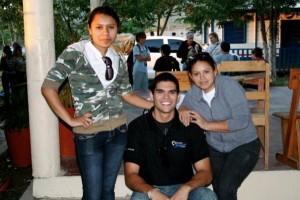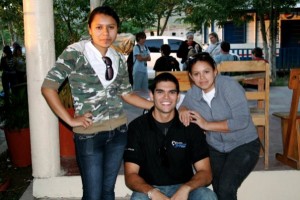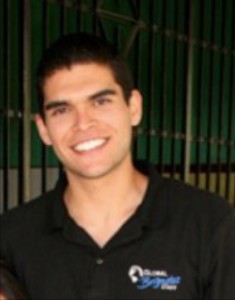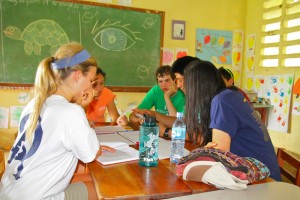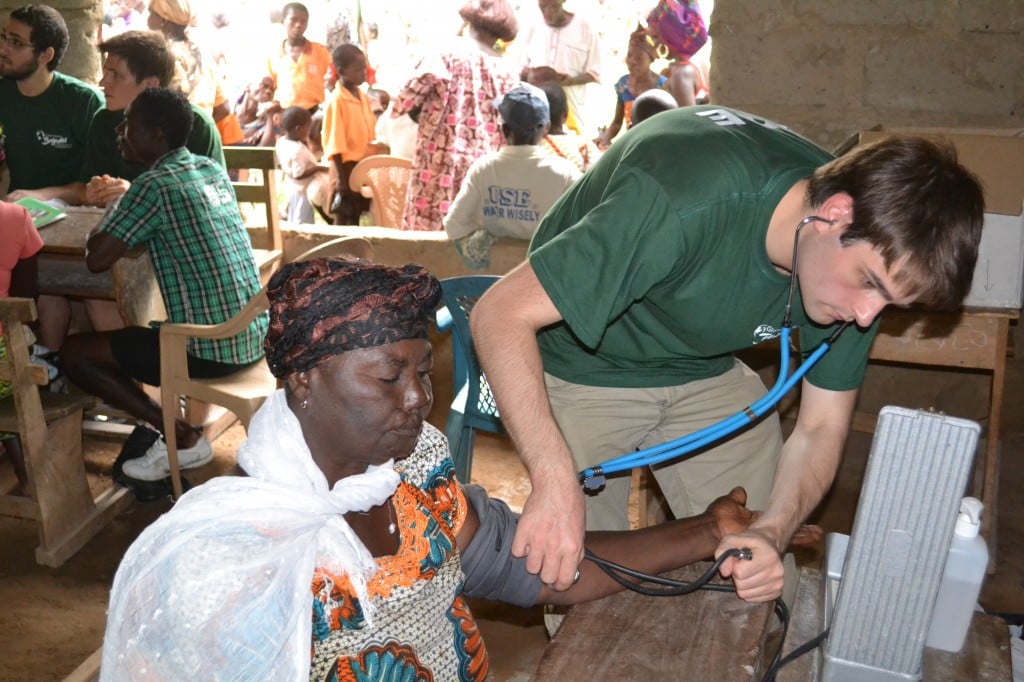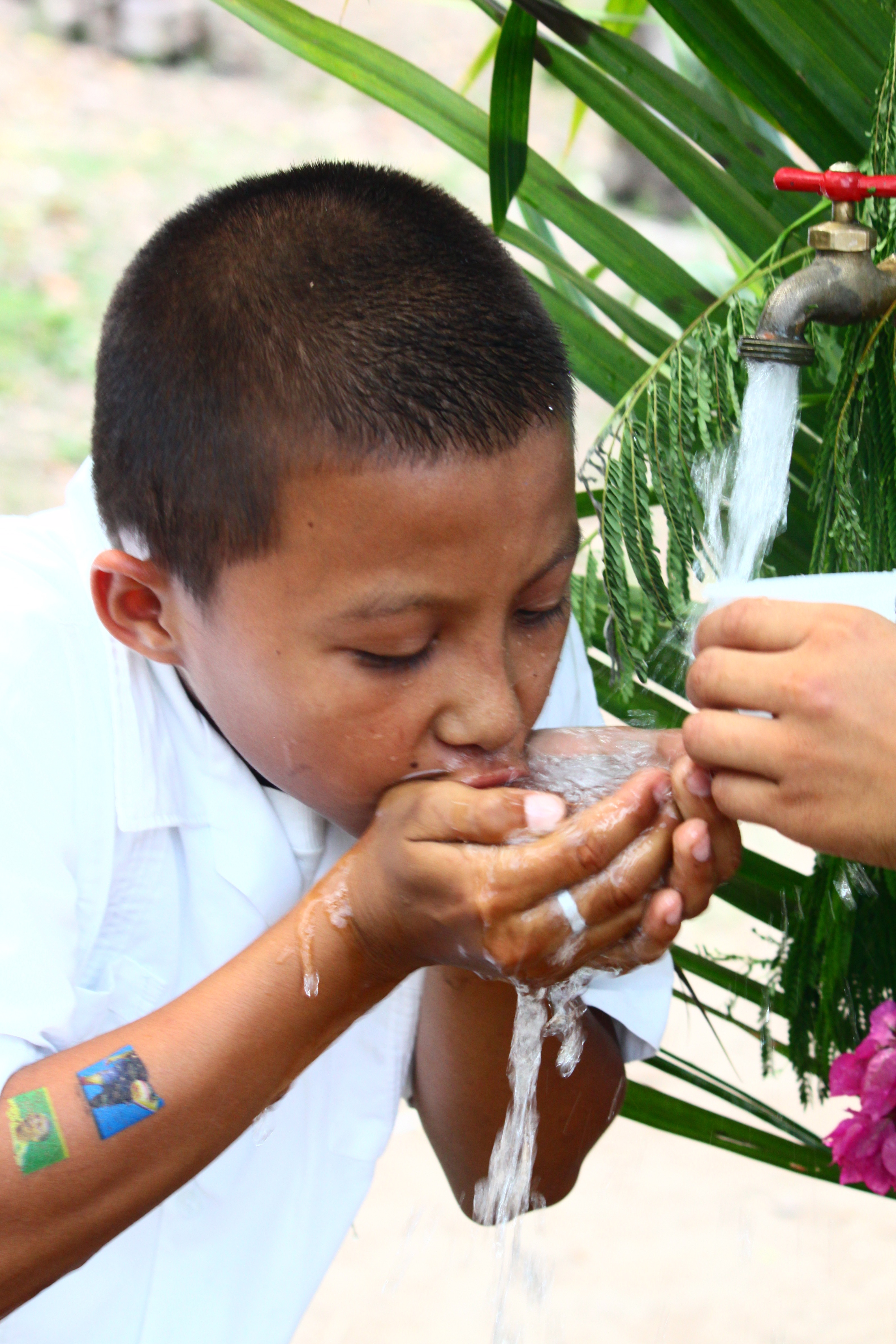Global Brigades recently created a new position to coordinate the educational component of each of our brigade programs. Michael Kessler joined the Global Brigades in-country team in Honduras in October as the new Education Coordinator and has been busy working on improving the ways brigaders prepare for, design, and implement educational topics to teach to community members. In this role, Michael is serving as a point-person to ensure that brigaders have their educational topics well in advance of arriving in-country, and is providing assistance and resources to help students develop appropriate and targeted workshops to train community members on a variety of health and sanitation practices for Water Brigades and Public Health Brigades.
In addition, Michael is working in concert with Dr. Jenny (Medical Brigades Honduras Program Lead) to implement a new educational model for Medical Brigades. In the past, brigaders presented health topics to community members at Health Promotion/Disease Prevention (HP/DP) stations on Medical Brigades. This process proved to not be the most successful format since community members often found it difficult to relate to hearing sensitive preventative health information from people who did not live in their communities or were not fluent in their language.
To overcome this cultural boundary, Global Brigades has sponsored The Reyes Irena Project. This project provides an intensive yearlong training course in HP/DP topics to local community women. Young women apply to the program after High School, and if accepted, take classes provided by Global Brigades’ doctors and pharmacists. The top 10 students each year are then hired to serve as health promoters delivering the educational HP/DP workshops on medical brigades. With this format, Global Brigades is able to provide comprehensive training to women in the locality and it allows for greater community buy-in since the information is coming from local women.
Our Education Coordinator is currently working with medical brigaders to incorporate them in the process as well. Brigaders will be responsible for helping to create all of the visual materials, posters, handouts, and flyers that are passed out during the HP/DP workshops so that they are directly involved with the how the community learns about these topics. The education team is also working on developing workshops that brigaders can deliver to kids in the community about hygiene and oral care. These workshops will deliver material in an age-appropriate format and will incorporate lots of hand-on activities, songs, and art projects that impart the importance of proper hygienic practices.
Future projects that Michael is working on include developing a guest speakers project so that experts can deliver talks to communities as part of the educational workshops that take place on Public Health Brigades. Speakers would give talks on topics such as HIV prevention, contraception, and cancer screening. The education team will also be working with Global Brigades’ Research and Evaluation team to develop an assessment tool to better understand the most effective ways to deliver educational topics to community members.

